Cybersecurity Station Tips
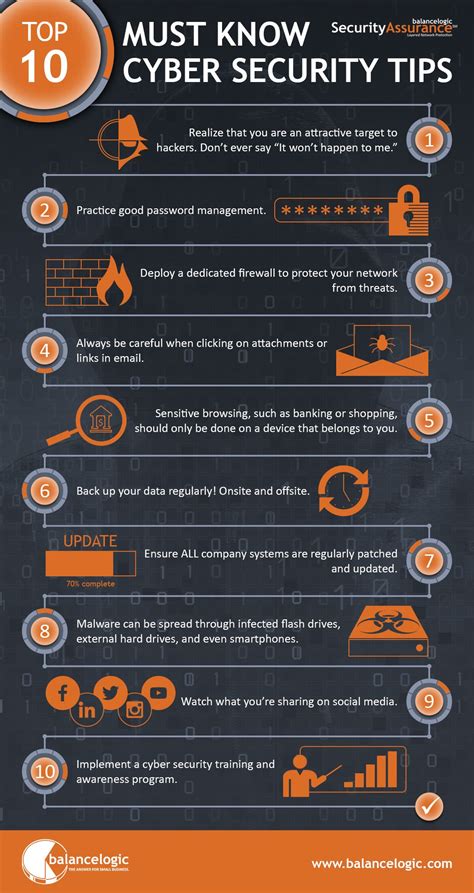

Introduction to Cybersecurity
In today’s digital age, cybersecurity is a critical aspect of our lives. As we increasingly rely on technology and the internet, the risk of cyber threats and attacks also rises. Cybersecurity is the practice of protecting digital information, networks, and systems from unauthorized access, use, disclosure, disruption, modification, or destruction. This blog post aims to provide you with valuable tips and insights on how to protect yourself and your organization from cyber threats.
Understanding Cyber Threats
Cyber threats can come in various forms, including malware, phishing, ransomware, and denial-of-service (DoS) attacks. These threats can be launched by individuals, groups, or organizations with malicious intentions. It is essential to understand the different types of cyber threats and how they can affect your digital assets. Some common types of cyber threats include: * Viruses: Self-replicating programs that can damage or destroy data * Trojans: Disguised malware that can give unauthorized access to a system * Spyware: Programs that can monitor and collect user data without consent * Adware: Programs that display unwanted advertisements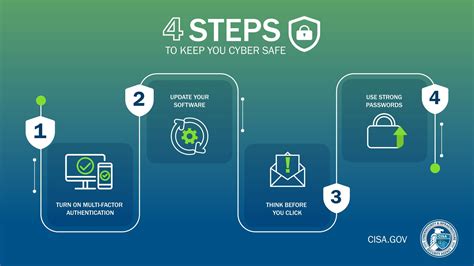
Cybersecurity Best Practices
To protect yourself and your organization from cyber threats, it is crucial to follow cybersecurity best practices. These include: * Using strong passwords: Passwords that are unique, complex, and regularly updated * Enabling two-factor authentication: An additional layer of security that requires a second form of verification * Keeping software up-to-date: Regularly updating operating systems, applications, and plugins to patch security vulnerabilities * Using antivirus software: Installing and regularly updating antivirus software to detect and remove malware * Being cautious with emails and attachments: Avoiding suspicious emails and attachments that may contain malware or phishing scams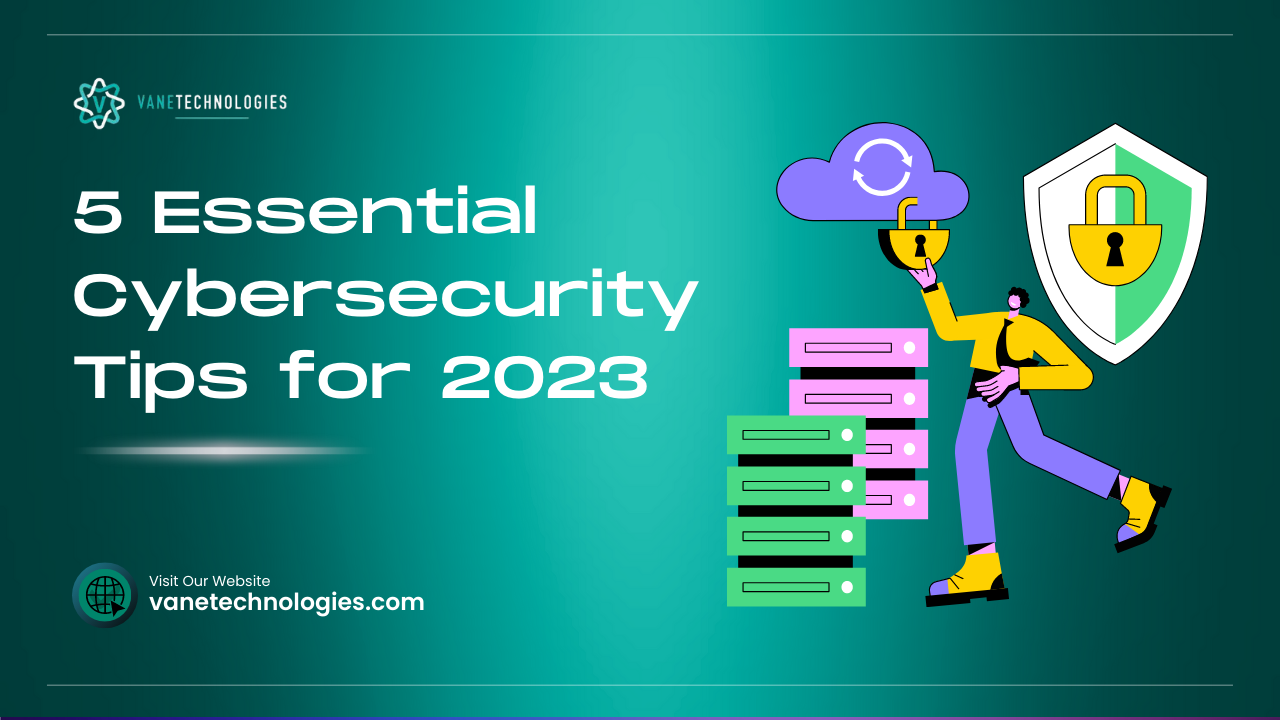
Network Security
Network security is a critical aspect of cybersecurity. It involves protecting your network from unauthorized access, use, or disruption. Some tips for network security include: * Using a firewall: A network security system that monitors and controls incoming and outgoing traffic * Configuring network settings: Setting up network settings to restrict access and prevent unauthorized devices from connecting * Using secure protocols: Using secure communication protocols such as HTTPS and SFTP * Regularly updating network devices: Updating network devices such as routers and switches to patch security vulnerabilities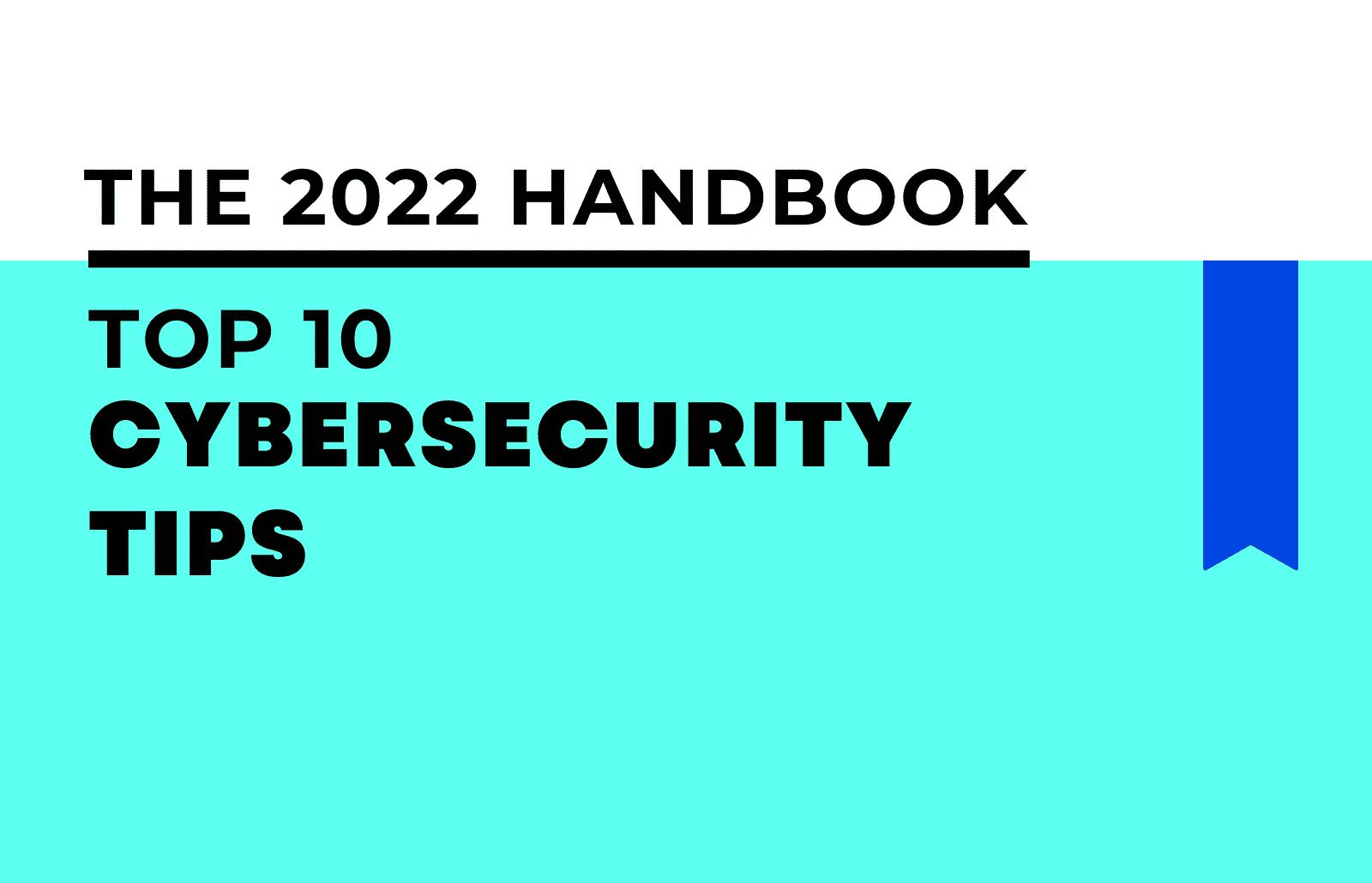
Data Protection
Data protection is a critical aspect of cybersecurity. It involves protecting your data from unauthorized access, use, or disclosure. Some tips for data protection include: * Using encryption: Encrypting data to protect it from unauthorized access * Backing up data: Regularly backing up data to prevent loss in case of a cyber attack * Using access controls: Controlling access to data by using permissions and authentication * Monitoring data activity: Monitoring data activity to detect and respond to potential security incidents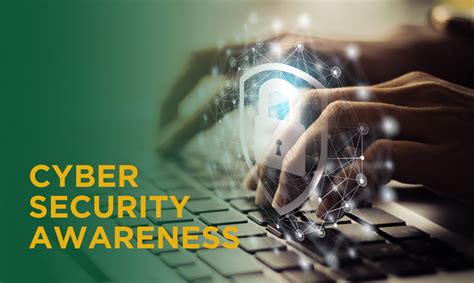
| Cybersecurity Tip | Description |
|---|---|
| Use strong passwords | Passwords that are unique, complex, and regularly updated |
| Enable two-factor authentication | An additional layer of security that requires a second form of verification |
| Keep software up-to-date | Regularly updating operating systems, applications, and plugins to patch security vulnerabilities |
📝 Note: Cybersecurity is an ongoing process that requires continuous monitoring and improvement. It is essential to stay informed about the latest cyber threats and best practices to protect yourself and your organization.
As we conclude our discussion on cybersecurity, it is essential to remember that cybersecurity is a shared responsibility. By following the tips and best practices outlined in this blog post, you can significantly reduce the risk of cyber threats and protect your digital assets. Remember to always be vigilant and proactive in your cybersecurity efforts, and stay informed about the latest developments in the field.

What is cybersecurity?
+Cybersecurity is the practice of protecting digital information, networks, and systems from unauthorized access, use, disclosure, disruption, modification, or destruction.

What are some common types of cyber threats?
+Some common types of cyber threats include malware, phishing, ransomware, and denial-of-service (DoS) attacks.

How can I protect myself from cyber threats?
+You can protect yourself from cyber threats by following cybersecurity best practices, such as using strong passwords, enabling two-factor authentication, keeping software up-to-date, and being cautious with emails and attachments.


